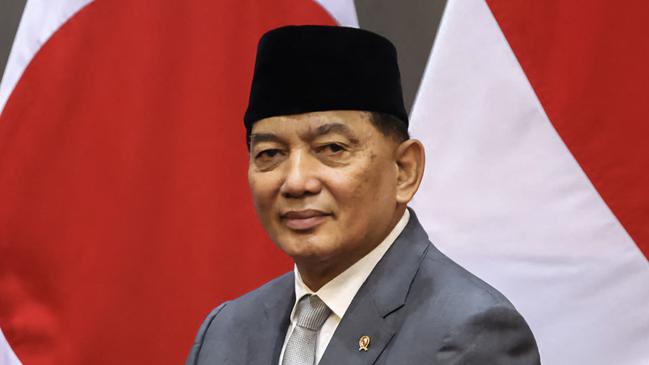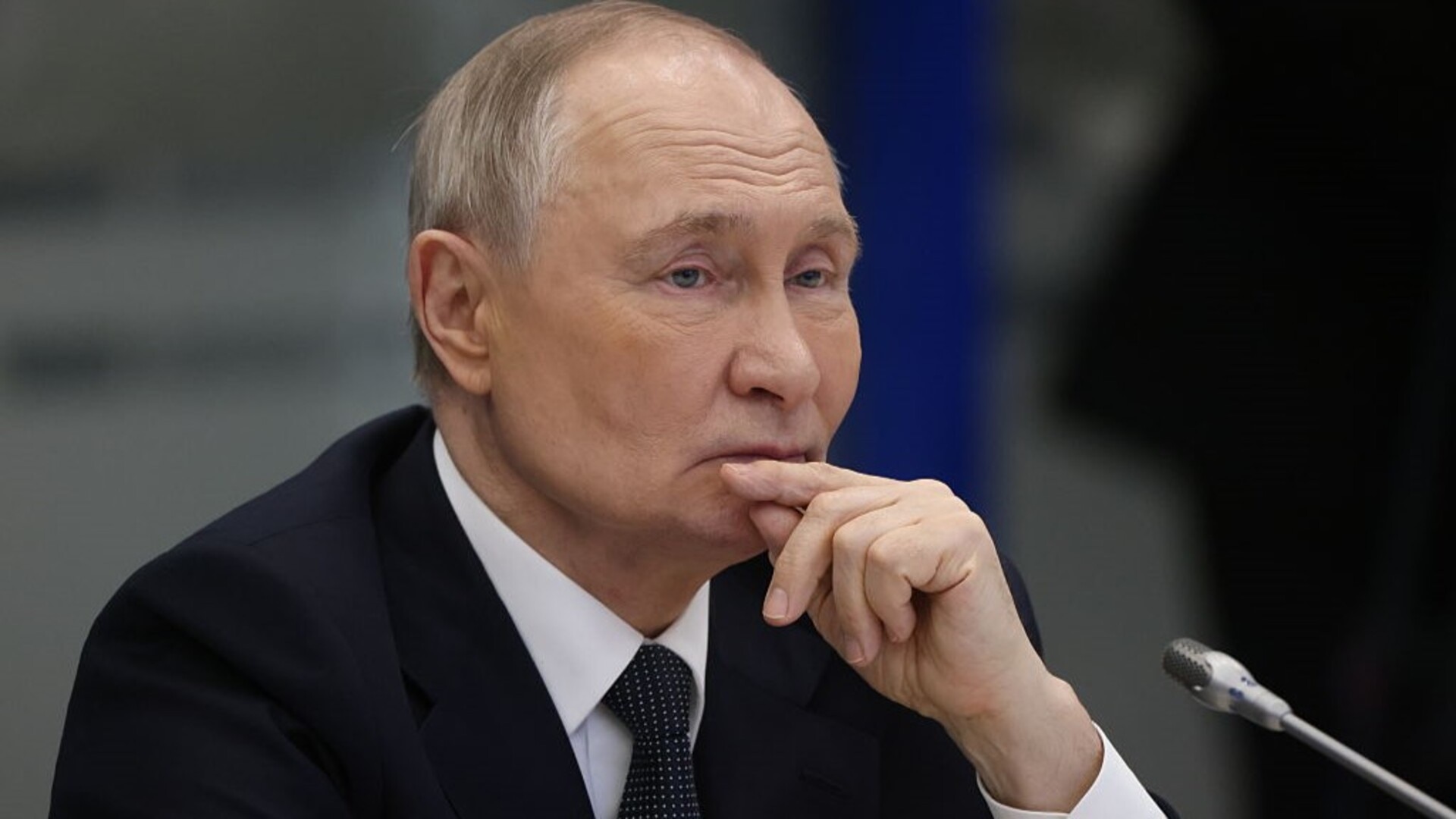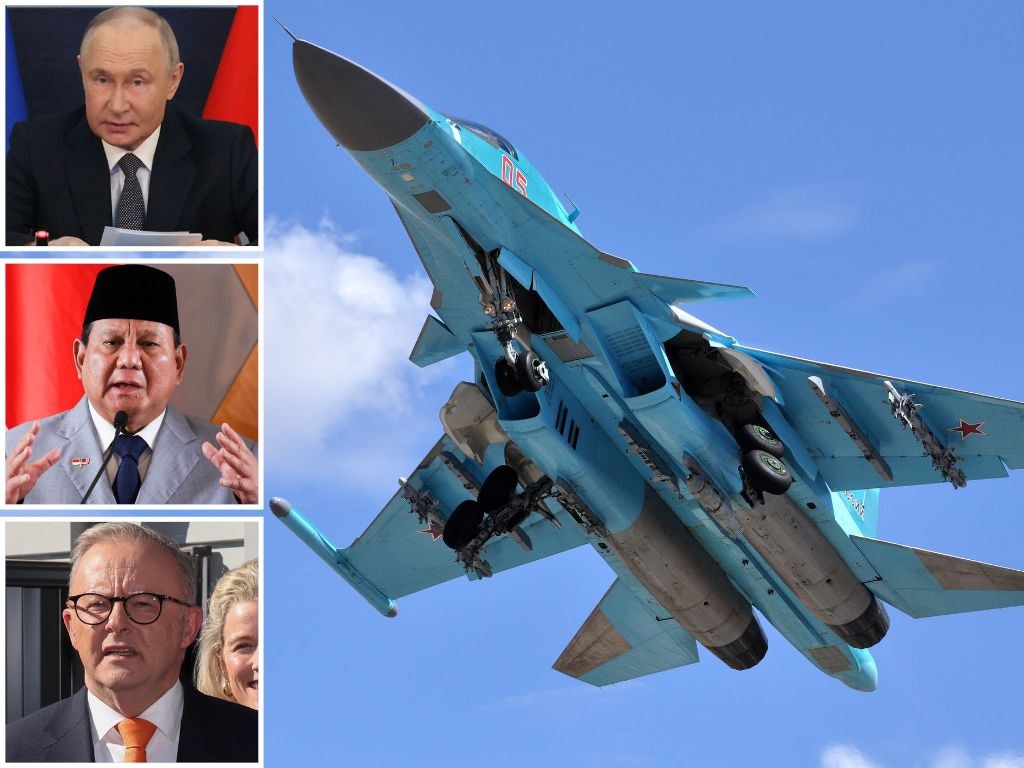
It is hard to see what Indonesia might have to gain from granting Russia its wish to base long-range military aircraft out of its Biak air force facility in the Southwest Papua province.
Doing so would trash its cherished reputation as a non-aligned state, alienate close partners Australia and Japan, upset its ASEAN neighbours and open the floodgates to similar arrangements across a region already in the crosshairs of a tense US-China rivalry.
If Indonesia were to grant such an arrangement to Russia, could it then deny similar requests from China – or the US for that matter – and still maintain fealty to a “free and active foreign policy”? Fear of a regional arms build-up is exactly why Indonesia’s foreign ministry so quickly and publicly opposed the AUKUS security pact aimed at equipping Australia with nuclear-powered submarines.
Clearly Moscow feels it has nothing to lose by asking the question, and with President Prabowo Subianto, a former general and defence minister, now in the country’s highest office, it obviously believes it has a better-than-even chance of extracting some concessions.
Even if Indonesia shied away from granting Russia full access to a base just 1300km from Australia’s mainland, Moscow might still secure periodical or rotational access – similar to the arrangement the US military has in Australia and the Philippines. That would be a sizeable win for Vladimir Putin, who has been working hard to build ties in Southeast Asia as he continues to wage a brutal war on neighbouring Ukraine.
For Australia, even partial Russian access to Indonesian bases would be a national security nightmare given Russia’s profoundly unfriendly posture, recklessness and close alignment with Beijing.
Canberra would have to assume any intelligence gathered by Russian sorties over Australian waters would be shared with Moscow’s “forever” friend, China. Indonesia knows this, and understands just how provocative such a move would be to Canberra at a time when it is already contending with escalating Chinese intimidatory behaviour in its waters. And if that was not clear before Tuesday, Anthony Albanese, Foreign Minister Penny Wong and Prabowo’s “good friend” Richard Marles have now made that abundantly clear to their Indonesian counterparts.

Hence Indonesian defence minister Sjafrie Sjamsoeddin’s undertaking to his Australian counterpart Marles that the reports were false. “He has said to me in the clearest possible terms, reports of the prospect of Russian aircraft operating from Indonesia are simply not true,” Marles said in a statement after speaking with Sjamsoeddin.
Marles, who has championed stronger defence ties with Indonesia, was at pains to underline the robustness of the relationship. It is certainly true that our two nations are closer than they have been in decades, that defence ties have only grown since Marles and Prabowo signed the historic defence co-operation agreement last August, and that Jakarta values its partnership with Australia. But it is at times such as these that the asymmetry of our relationship with our largest near neighbour is most apparent.
Prabowo has made no secret of his wish to build closer trade and defence ties with Moscow, nor of his desire to modernise his country’s ageing defence fleet – a task Moscow is willing to assist with. In the midst of Tuesday’s political storm in Australia, the Indonesia leader hosted Russia’s first deputy prime minister for talks on “strategic agenda items”.
In another time, with a different leader in the White House, Moscow’s request would have been considered far too risky for Indonesia to even contemplate given Washington’s historical importance as a regional security guarantor and, in more recent years, its growing trade links with Jakarta.
But the geopolitical landscape is changing fast. With the US turning inward under Donald Trump’s America First strategy, and Russia sensing an opportunity, Indonesia may soon feel it has less to lose.




